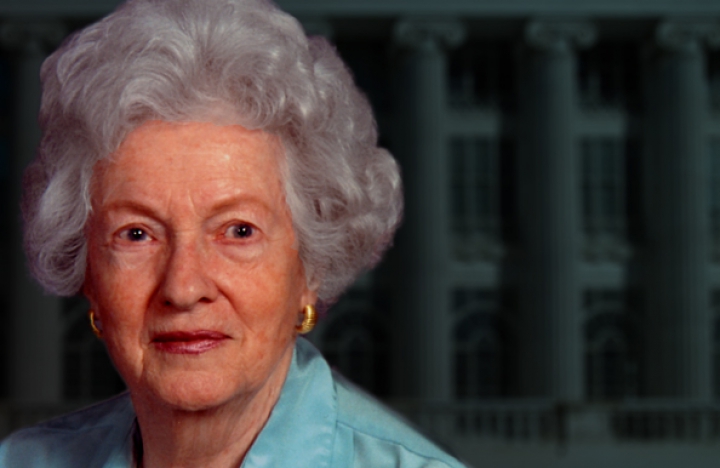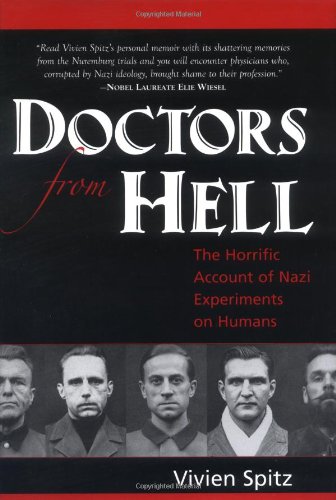Vivien Spitz
Inductee Name
Vivien Spitz
Place of Birth
Illinois
Date of Birth
1924 – 2014
Year Inducted
2006
Category
Politics, Government & Military Service
Sponsor
Peter and John Spitz
Impact
International
In 1948, Spitz returned to the United States and realized she had been deeply affected by the testimonies of the witnesses and victims of the Holocaust. She was besieged with nightmares, what today is called post-traumatic stress disorder. The nightmares were always the same: she was trying to escape through a tunnel with four or five children, while trying to keep everyone quiet because a Nazi guard might discover their escape. She never completed the dream, waking before she learned her fate.
Spitz served as an official shorthand reporter in the Denver District Court, then was asked to substitute as an Official Reporter of Debates in the United States Senate, the first woman to do so. Before a job opened in the Senate, Spitz was hired as an Official Reporter of Debates in the U.S. House of Representatives, a job she held for ten years under four presidents.
Since retiring, Spitz has spoken throughout the country about her experiences in Nuremberg and the Nazi crimes against humanity, reaching more than 47,000 students and adults interested in medical ethics and human rights. She has received several humanitarian awards for her work. In 2005, she published a summary of her experiences in what she considers the highlight work of her life: Doctors from Hell, The Horrific Account of Nazi Experiments on Humans. In a review in the New England Journal of Medicine, Dr. Paul S. Applebaum of the University of Massachusetts Medical School wrote, “There is no shortage of accounts of the perverse acts committed by the Nazi doctors. But no academic summary that I have read transmits the horror of their actions so powerfully as this book does.” Spitz urges constantly that the lessons of the past not be forgotten.
Publications
A chilling story of human depravity and ultimate justice, told for the first time by an eyewitness court reporter for the Nuremberg war crimes trial of Nazi doctors. This is the account of 23 men torturing and killing by experiment in the name of scientific research and patriotism. Doctors from Hell includes trial transcripts that have not been easily available to the general public and previously unpublished photographs used as evidence in the trial.



